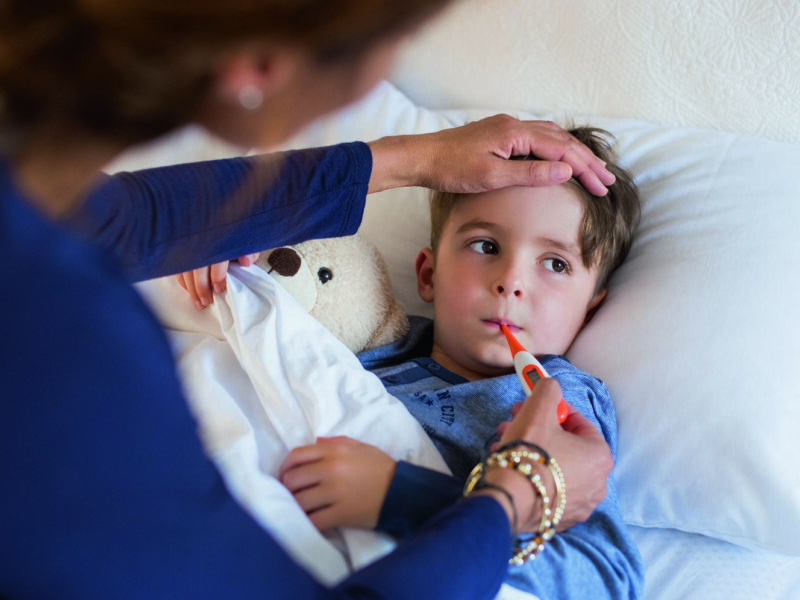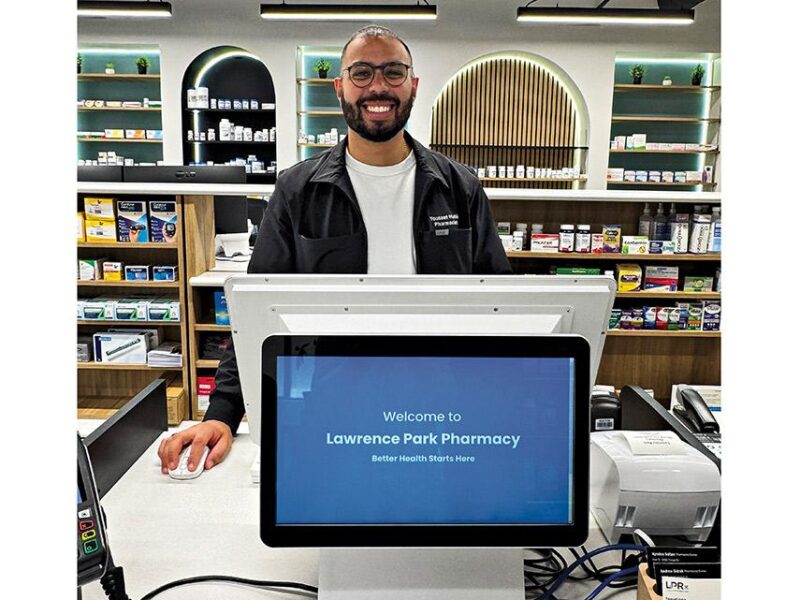
A cure for anaphylaxis the goal of SickKids program
By Danielle Leonard
A cure for anaphylaxis is possible according to the team of immunology and allergy experts who lead SickKids Food Allergy and Anaphylaxis Program. While most efforts to help those with severe allergies focus on coping strategies, the vision for this unique program is to find a cure by 2025. For the parents of the 300,000 Canadian children affected by the condition, this offers hope that the struggle to protect young ones from potentially deadly allergens will end.
“It’s a lofty goal,” admits Dr. Adelle Atkinson, a clinical immunologist in the division of Immunology and Allergy Paediatrics at SickKids and the education lead for the program. “But we believe if we continue on the trajectory we’re on, with all the interesting work we’re doing, we will have new treatments down the road.”
Anaphylaxis is a severe, potentially life-threatening response to an allergen. The most common triggers are nuts, milk, eggs, and insects that can lead to narrowed airways and restricted breathing. Although injectable epinephrine (known as EpiPen) provides short-term relief of symptoms, parents must be vigilant in preventing their children from being exposed to triggers.
“It’s very frightening when you see your small child unable to breathe and you have to make the decision to put this needle into her,” explains Jyoti Parmar who had to inject her youngest daughter with the EpiPen when she accidentally consumed dairy at the age of two. “The package said 100 per cent fruit, but when we later read it more carefully, we found ‘may contain dairy’ in tiny letters.”
While public education about the condition is more prevalent than ever, many people still underestimate or misunderstand severe allergies. Eating out at restaurants is a no-go for Parmar where cross-contamination is a constant threat. She maintains that community support is necessary to help keep those at risk as safe as possible.
Through its research, the SickKids program has uncovered new information that has turned some old allergy advice on its head. While carrying an EpiPen continues to be imperative for anyone with anaphylaxis, parents are now advised to introduce foods like nuts earlier, rather than later, to all children. This is particularly true for children at high risk for developing atopic diseases such as asthma, allergies and eczema (meaning they have a first-degree relative with one of these conditions.) And, for those who develop allergies at a young age, there is hope some of them may outgrow the condition in time.
“We now know there are some foods that children may outgrow,” said Atkinson. “Allergens like milk and eggs can be introduced to some allergic patients in baked form, like in a muffin prepared according to a particular protocol. Patients with these allergies can potentially tolerate the baked form and may contribute to them outgrowing the allergy more quickly.” She is quick to add that this testing should be done in a clinical setting, not at home.
For parents like Parmar, whose two out of three children have anaphylaxis, eliminating potentially deadly reactions would make a meaningful difference in their lives. It would open up opportunities for her children to do things that other kids take for granted like attend sleepovers and pizza parties.
“My daughter is excluded from a lot of events because food is such a big part of them,” Parmar says. “We would love a cure. We want our kids to be free.”





